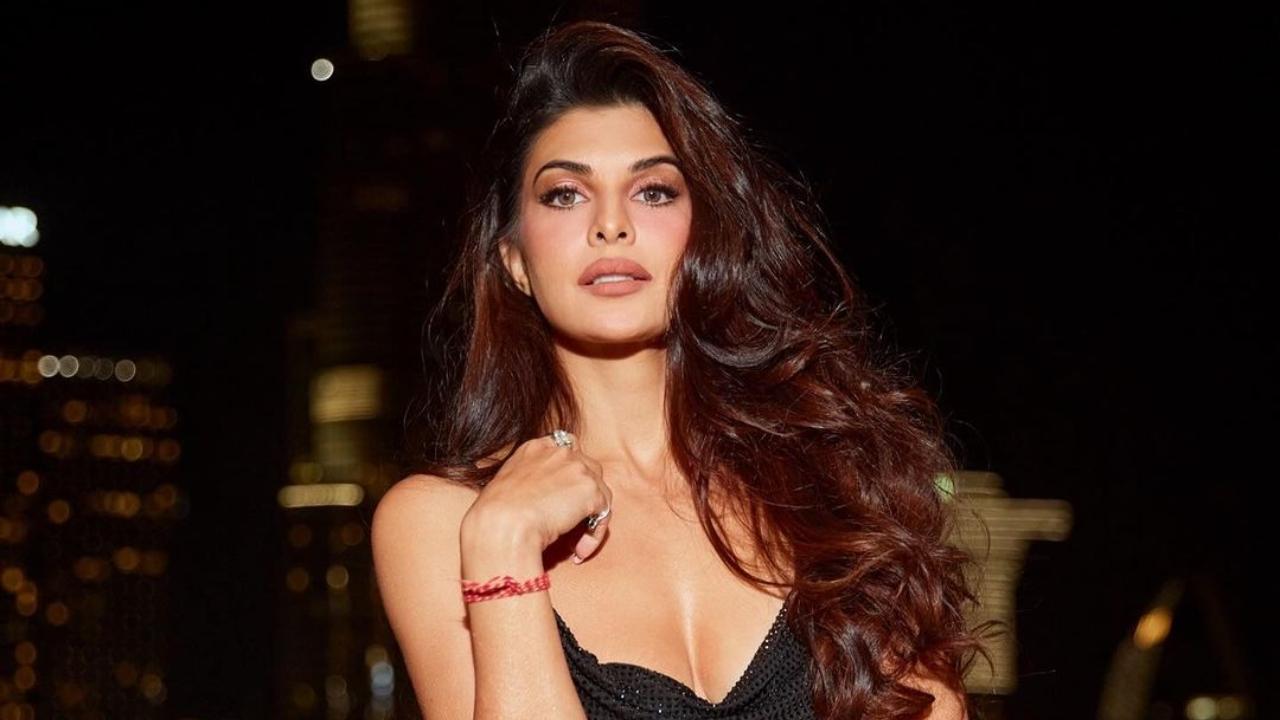
It was a night of exuberant celebration and heartfelt accolades as the 55th annual NAACP Awards unfolded on Saturday, putti spotlight squarely on entertainers and writers of color making their mark in the world of arts and entertainment. Iconic R&B artist Usher was declared the entertainer of the year, standing out amongst a spectrum of talent that graced the renowned ceremony.
As the Shrine Auditorium in Los Angeles buzzed with the energy of expectation and the glamour of the stars, Usher ascended the stage to receive his award. It was a momentous occasion for the singer, who expressed gratitude for his career’s trajectory, spanning an impressive three decades. He gave an insightful recount of his recent accomplishments including a sold-out stint in Las Vegas, a blissful matrimony, the launch of his ninth studio album “Coming Home,” and a historic Super Bowl halftime show that reaped the highest viewership in the event’s history.
Usher faced stiff competition for the top title, with contenders like Colman Domingo, Fantasia Barrino, Halle Bailey, and Keke Palmer vying for the honor. However, it was the multi-Grammy-winning artist who took the prize, humbled in the presence of Oprah Winfrey, who presented him with the award. Taken aback by Winfrey’s personal delivery, he took the opportunity to thank his fervent supporters, dedicating the honor to the fans who have unfailingly been his “number ones.”
In a touching moment, Usher punctuated his acceptance speech with lyrics from his famed track “Superstar” off the wildly successful 2004 album “Confessions.” The album itself has become a juggernaut in the industry, surpassing sales of over 10 million units in the United States alone.
The awards ceremony, hosted by the ever charismatic Queen Latifah and televised live on BET, also saw Usher accept the President’s Award. This commendation recognized his commendable work with the New Look Foundation and his broader contribution to public service. The artist gave a profound nod to the influential women in his life, including his mother and newlywed wife, Jenn Goicoechea, in a speech that reminded everyone that behind every strong man is an even stronger woman.
One of the most exhilarating highlights of the evening was the esteemed Best Motion Picture award going to “The Color Purple.” The musical adaptation brought together a constellation of talents such as Barrino, Taraji P. Henson, Domingo, H.E.R., Danielle Brooks, Corey Hawkins, and Bailey. Barrino, for her soul-stirring portrayal of Celie, was crowned best actress in a motion picture. Her acceptance speech was as candid as her performance was commanding. Barrino confessed to not preparing a speech, as she had braced herself for another outcome. Ever modest, she found the real victory in affecting the hearts of audiences who saw something relatable and powerful in her character.
The boys from New Edition saw their legacy eternally etched into NAACP history as they were inducted into the Image Awards Hall of Fame. This accolade pays homage to individuals and groups whose pioneering efforts have indelibly shaped their industries. Michael Bivins, flanked by his bandmates, spoke of hard-won unity and growth, paralleling their personal journey with their current Las Vegas residency that shares the spotlight on their solidarity and enduring brotherhood.
Furthermore, the ceremony celebrated the dramatic prowess of Damson Idris, who garnered the accolade for Best Actor in a Drama Television Series for “Snowfall,” while supporting accolades in “The Color Purple” were bestowed upon Henson and Domingo. Domingo’s role in “Rustin” also earned him the Best Actor in a Motion Picture award, adding another layer of triumph to an event already dense with commendable achievements.
As the night drew to a close and the stars of “The Color Purple” savored their collective victory, it became clear that the 55th NAACP Image Awards was an evening that would ripple through the narrative of entertainment history, spotlighting the seismic influence of creators of color within the expansive canvas of popular culture.










